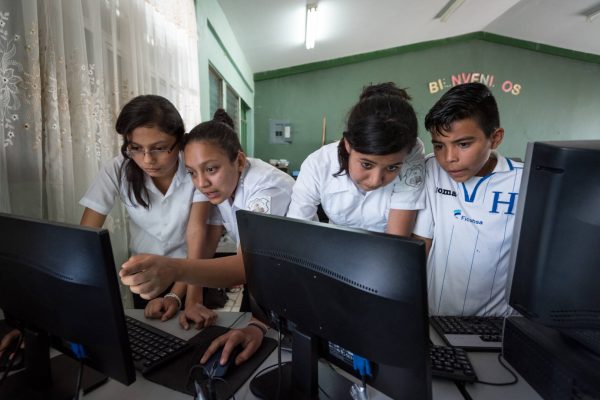School Districts in America Adopt Genealogy Databases

Several states in America have taken stringent measures to ensure child protection at school. With Texas’ deadliest school shooting not too long ago, several counties in the state have now integrated DNA kits to take samples of students and use them when child identification cannot be done. These databases measure DNA using samples such as saliva or blood, which then allows schools to store the data in their system in case of an emergency that merits the identification of a person. Advancements in weapons have only gotten better, so much so that the Texas school Ulvade noticed the difficulty of knowing who the deceased were. Genealogy databases are essential to identify unknown students in situations like school shootings where bullets are known to deteriorate the human body and eradicate the features of the person wounded. With genetic profiling spreading throughout Texan schools, genealogy databases might appear at North and other schools globally, to keep track of their students. It is more reliable to know who a person is by taking samples of DNA and comparing them to the correct person’s genealogy database. North should use genealogy databases and work with other schools in America to not only prevent mass school shootings but demonstrate the state’s efforts to care for the people at school.
After Texas’ deadliest mass shooting, the state legislature passed a law mandating the Texas Education Agency to provide inkless in-home fingerprint DNA identification samples to students. According to The Dallas Morning News in their article “Texas schools are distributing DNA kits to help parents identify their kids in emergencies.” Every public school in Texas will have students’ DNA samples by voluntary choice.
The databases store a person’s information with approval by a child’s parent or guardian. Moreover, the National Child ID Program Website states, “It was created in partnership with the Federal Bureau of Investigation, and the information collected is to be kept at home by the parent or guardian in case it is ever needed,” the health investigations only use and have the information when requested and needed by the adult(s) of a child. Since it is not an official regulation in all American states, schools that are developing the use of genealogy databases only do it by parent or guardian voluntary choice.
When asked if it would be an invasion of one’s privacy, Sophomore Issac Sandoval said, “Although I can see contradictions being made, I think it is a safe and quick option; something other schools need to think about.”
Still, many people show disagreement and would like to pursue other measures to ensure the safety of everyone at school. It is a tragedy for parents to even think about an emergency with their child at a school where the priority is to educate students, not put them in harm’s way.
According to an anonymous student, “The tragic Texas incident lies at fault with the state. How is it possible to deny alcohol but allow the access of weapons to young adults?” When asked if teachers should carry a gun to protect their students, the students responded, “Teachers should not have the responsibility of fighting against a threat; they did not sign up for that.”
Taken as a voluntary decision, North should implement genealogy databases to have information about students, kept confidential and permeate the improvements with other schools to demonstrate the safety of students at school. Adjusting state laws will also help to not allow minors in American states to hold gun possession. Nonetheless, developing into a nation that continues to ensure a child is learning and is safe, is what America strives for.











